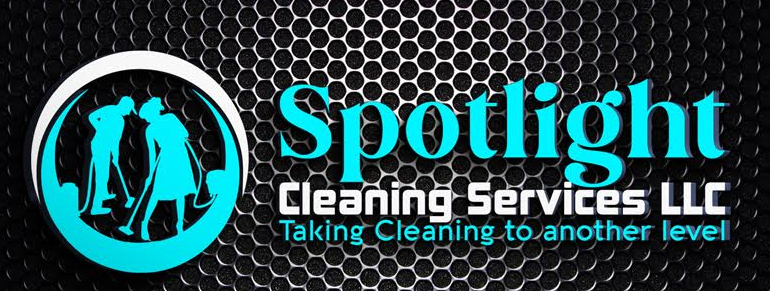The Evolving Role of Cleaners in the Modern World
The role of cleaners has undergone significant transformation over the decades. Historically, cleaning jobs were often perceived as low-status positions, frequently associated with negative stereotypes and limited to tasks considered menial. These traditional perceptions, rooted in socio-economic hierarchies, overlooked the essential nature of cleaning work. However, the contemporary view of cleaners has shifted dramatically, especially in the wake of the COVID-19 pandemic.
Today, cleaners are increasingly recognized as essential workers who play a critical role in maintaining public health and safety. The pandemic underscored the importance of rigorous cleaning and sanitation practices, propelling the role of cleaners to the forefront of the essential services sector. This heightened awareness has led to an expanded set of responsibilities for cleaners, who now engage in advanced sanitation procedures that go beyond basic cleaning. These procedures include the use of specialized disinfectants, adherence to stringent hygiene protocols, and the implementation of comprehensive cleaning strategies across various environments such as offices, hospitals, schools, and public transportation systems.
Moreover, the adoption of sophisticated cleaning technologies has further elevated the role of cleaners. Innovations such as electrostatic sprayers, ultraviolet (UV) light disinfection, and automated cleaning robots have become integral to modern cleaning practices. These technologies not only enhance the efficiency and effectiveness of cleaning operations but also require cleaners to develop new technical skills and knowledge.
The demand for professional cleaning services has surged, reflecting an increased societal recognition of the importance of cleanliness and hygiene. This surge has contributed to greater job stability and, in many cases, improved working conditions for cleaners. Employers are increasingly investing in training and development programs to equip cleaners with the skills needed to meet the evolving demands of the profession. As a result, the modern cleaner is now viewed as a vital contributor to public health and safety, with responsibilities that extend far beyond traditional cleaning tasks.
Skills and Training: Preparing for a Career in Cleaning
Entering a career in cleaning requires a blend of fundamental skills and specialized training. At the core, essential skills such as attention to detail, physical stamina, and effective time management are paramount. A cleaner must meticulously ensure that no corner is overlooked, maintain the physical endurance to perform repetitive tasks, and manage their time efficiently to cover large areas within set timeframes.
Beyond these basics, specialized training programs significantly enhance a cleaner’s expertise and employability. Many institutions offer certifications and courses that delve into advanced cleaning techniques, emphasizing the safe and effective use of eco-friendly products. These programs also cover the operation of sophisticated cleaning equipment, which is increasingly prevalent in modern cleaning practices. For instance, understanding how to handle high-tech vacuum systems or automated floor scrubbers can distinguish a professional cleaner in a competitive market.
In the context of the post-pandemic world, knowledge in infection control has become critically important. Cleaners are now frontline defenders against pathogens, making training in infection control protocols indispensable. Courses covering the proper use of disinfectants, personal protective equipment (PPE), and strategies to minimize cross-contamination are vital components of a cleaner’s education.
Ongoing education plays a crucial role in adapting to evolving industry standards. As new cleaning products and technologies emerge, continuous learning ensures that cleaners remain proficient and up-to-date. The commitment to professional development can pave the way for career advancement, transforming entry-level cleaners into seasoned professionals or even supervisors.
Success stories from professional cleaners highlight the impact of skill development and training. For example, Jane Doe, a certified cleaning technician, leveraged her advanced training to secure a supervisory role within her company. Her journey underscores the potential for career growth within the industry, demonstrating that with the right skills and training, cleaners can progress to higher positions and take on more responsibilities.
In conclusion, the modern cleaner must possess a rich mix of basic skills and specialized training. Continuous education and professional development are key to navigating the dynamic landscape of today’s cleaning industry, offering pathways to career advancement and success.
